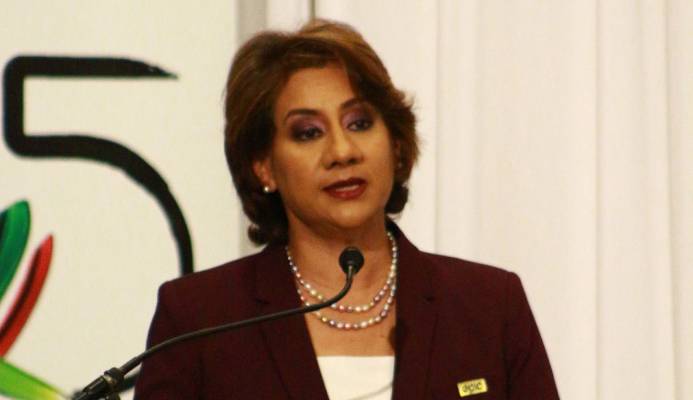First Citizens Bank is optimistic about the outlook for the T&T economy according to its CEO Karen Darbasie. However, the group is still mindful of risks.
In the company’s 2019 Annual Report, Darbasie said: “Our outlook remains cautiously optimistic as the local economy is expected to show GDP growth of 0.4% in 2020.”
She continued: “The regional communities continue to experience challenges resulting in sluggish growth. Our efforts to stay on course centres on managing our expenses and adhering to robust risk management practices.”
For the financial year ended September 30, 2019, First’s profit before tax increased to $1.06 billion while profit after tax amounted to $751.7 million.
The Group’s total assets amounted to $43.4 billion as at year end, a 3.2% increase. The gross loan portfolio increased by 16.3% from $16.0 billion to $18.6 billion and the investments portfolio increased by 4.9% to $15.9 billion from $15.1 billion.
Darbasie indicated that First Citizens continues to leverage technology to satisfy the growing needs of its customers, to enhance its products and to achieve strategic objectives.
According to Darbasie, the company’s electronic and digital banking platform are positioned to facilitate ever-evolving solutions for every situation.
She explained: “Our offerings this past year included the introduction of contactless card technology, the EMV Debit Card (Europay, Mastercard, Visa), realtime email notifications for credit card transactions, expanded contact centre services, a self-service Visa loyalty mobile app and debit card dispute online service.”
With regard to the increasing presence of cyberthreats, Darbasie noted that the group has deepened its resilience strategies to include additional layers of security and protection against deep insert skimming.
First Citizens’ technological thrust has also allowed it to adopt different partnerships that provide more effective and quicker service flow for all citizens. This included a partnership with Massy Technology for a self-checkout service at the Massy supermarket chain. The company was also able to facilitate a fully automated payto- park service at the car park kiosks at the Piarco International Airport.
The Wealth Management sector of the company, defined as high net worth individuals and small institutions, also crossed TTD 1 billion in funds under management.
Darbasie expressed: “These funds represent investments in the securities market and demonstrate our ability as a Group to offer a full range of financial services and products to our clients.”
She established that the group “worked as local syndicate partner for financing for newly established Trinidad Petroleum Holdings Limited (TPHL) as well as for funding to deal with repayment of Bonds for Petrotrin due in August 2019.”
According to Darbasie, this was a significant transaction for TPHL and “we were pleased to play our role in the financing.”
Darbasie said that the company’s Barbados operation remained focused on compliance and continued support to clients within a difficult local economy. She also indicated that Barbados had an extensive EMV upgrade via the ATMs and Point of Sale machines, as well as utilisation of contactless card technology.

